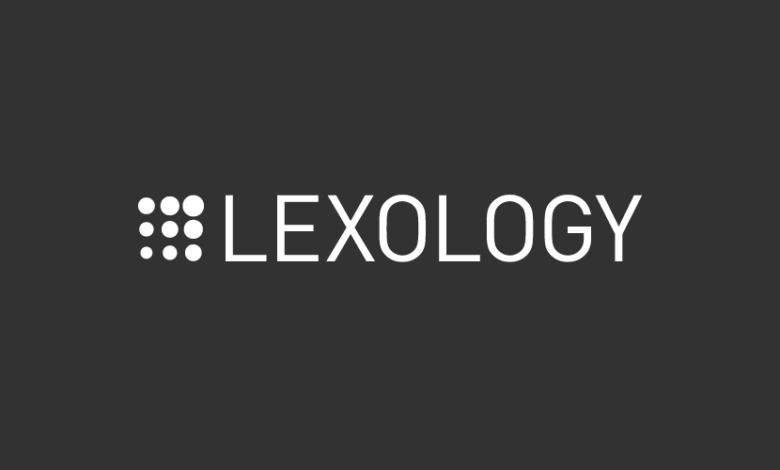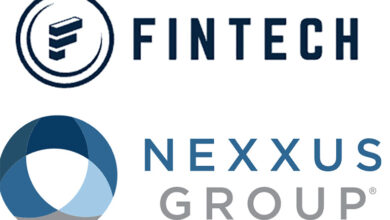Year in review: Fintech Law in Switzerland

All questions
Year in review
Once again, the past 18 months have been an intense phase for Swiss fintechs.
The ICO boom of 2017 is history, the 2018 infrastructure projects (crypto brokers, trading places, wallet and storage providers) matured, and 2019 was expected to be the year of the security token offering (STO). However, this was delayed and has not yet happened until today. In 2023, however, there were several projects of major banks to tokenise bond and derivative issuances. A number of – however small – companies tokenised their shares.
After the first two banking licences were issued to crypto banks in Switzerland (SEBA, recently renamed AMINA, and Sygnum) in August 2019, both banks started to build up their business, offering various crypto-based products. An additional application by Bitcoin Suisse was delayed and recently abandoned by the applicant. There are a one-digit number of fintech licences. The major Swiss exchange SIX set up its digital exchange SDX, and Rulematch, a Swiss Crypto Exchange for Banks, went livee with BBVA using Nasdaq’s technology. Taurus expanded its trading platform licence to include retail customers.
The Swiss DLT Act (the Federal Act on adapting the Federal law to developments of the DLT), which became effective in two parts, the first by 1 February 2021 and the second by 1 August 2021, has now matured and was tested in 2023. The DLT Act focuses on security tokens, which are to be regulated as intermediated securities under security law, debt enforcement law and international private law. The Act privileges these tokens in case of bankruptcy of the wallet holder, thereby limiting the risks of the investors. The Act clarifies the legal nature of security tokens under Swiss law, including permitted forms for transferring them, and the use of tokens as collateral. Several bond issuances outside of Switzerland used the DLT Act as basis for legal certainty for their token offerings.
In January 2023, the city of Lugano in Switzerland launched a six-year bond with a total issue volume of 100 million Swiss francs as a native digital bond on SDX; as Lugano is trying to establish itself as an additional hub for the crypto economy (in addition to Zurich/Zug and the Geneva region), Lugano also declared that it will accept Bitcoin and Tether payments for all city invoices (which Zug already does). However, the hype around the stablecoin AEUR (issued by the Zug based Anchored Coins) shows that investors need to be careful. As not all investors realised that the coin was pegged to the euro, its price increased to 200 per cent of the euro on 5 December 2023. Binance announced that it will compensate investors.
Furthermore, the new financial market infrastructure, the ‘DLT trading system’, provided for in the DLT Act, which may combine the functions of a trading platform, a depositary and a payment system (but not as a central counterparty) (see Section V.v), will now be tested as applications for this system are in preparation. This may lead to an alternative trading system in a regulated environment. Additional rules are provided for banks that accept cryptoassets in deposits.
The new Data Protection Act (more aligned but not identical to the EU General Data Protection Regulation) became effective on 1 September 2023.
The Federal Council issued a message to parliament on 22 November 2023 on a Federal Act on Recognised Electronic Identification. Parliament has not yet discussed the proposal, but if approved, the Swiss E-ID will become effective by 2026.
A revision of the AML Ordinance FINMA (effective as of 1 January 2023) clarified that DLT trading venues (specialised crypto exchanges) are subject to anti-money laundering (AML) rules as well. FINMA also imposed stricter identification duties for crypto ATMs: identification is now necessary if a client exchanges more than 1,000 Swiss francs into Bitcoin within 30 days.
On 20 December 2023, FINMA published a Guidance on staking services that also clarifies certain aspects of storage of crypto-based assets. The guideline also clarifies that staking will not attract capital requirements for a supervised institution, provided it has implemented risk-mitigating measures and informed customers of the risks in an appropriate manner.
After the covid-19 lockdown, fintech conferences once again resumed in Switzerland and the active community is now meeting there for a number of round-table discussions.



